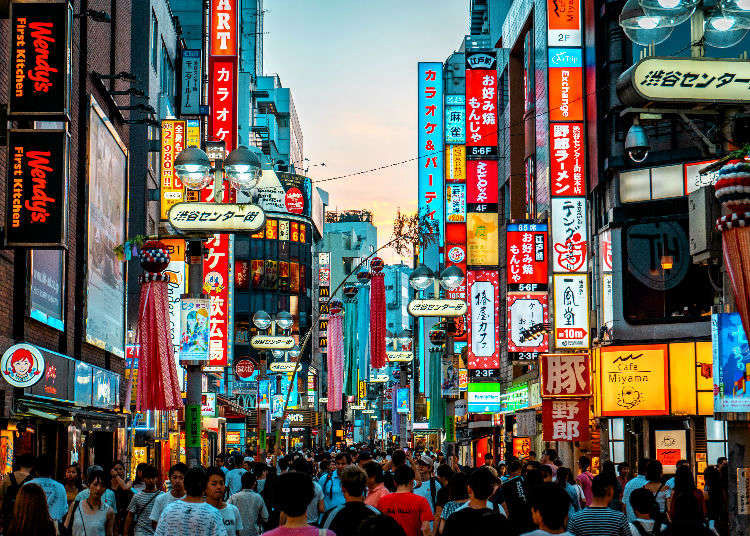 The scenery of Tokyo. (Image via Live Japan)
The scenery of Tokyo. (Image via Live Japan)
Japanese business leaders want compensation for the second state of emergency
On Thursday, the Japanese business leaders wanted the Japanese Government to support the struggle faced by them under the inevitable second state of emergency over the novel coronavirus disease (COVID-19) imposed on Tokyo and its three neighboring prefectures, Chiba, Kanagawa, and Saitama, due to the surge of the COVID-19's cases.
By the state of emergency until 7 February, the food and beverage industry serving alcohol has to close by 8 p.m. To compensate, the Japanese Government will give up to 60,000 yen daily, an increase from the previous amount of 40,000 yen a day, for the establishments obeying the closing request. Due to the criticisms, the Japanese Government urged the companies to ensure that all employees are either work from home or stagger the business hours.
According to the chairman of the Japan Chamber of Commerce and Industry, Akio Mimura, under the state of emergency, the businesses are requested to shorten business hours and people must not dine out, meaning that they will have to be ready for another revenue loss while bankruptcies in the sector broke the record in 2020. Moreover, Mimura wanted the Japanese Government and authorities to aid the firms so that they may stay on track.
Echoing Mimura's statement, the chairman of the Japan Business Federation (Keidanren), Hiroaki Nakanishi, called for the shared sense of crisis. While the Japanese Government is struggling to do a balancing act of protecting the lives of its citizens and sustaining social and economic activities, Nakanishi wanted another effective COVID-19 preventive measure to tackle the pandemic as soon as possible.
According to the data from Tokyo Shoko Research, the F&B businesses that had to apply for debts of more than 10 million yen hit 842 in 2020, up by 5.3 percent from 2019. Last time, the previous record high was 800 in 2011, due to the earthquake and tsunami in northeastern Japan. Moreover, as the world's third-largest economy, Japan recorded its worst contraction since 1955 in June 2020 after the first state of emergency, imposed from Tokyo and its three neighbors to all 47 prefectures in April.
Source: https://bit.ly/3bkVjgK
 English
English Japan
Japan
